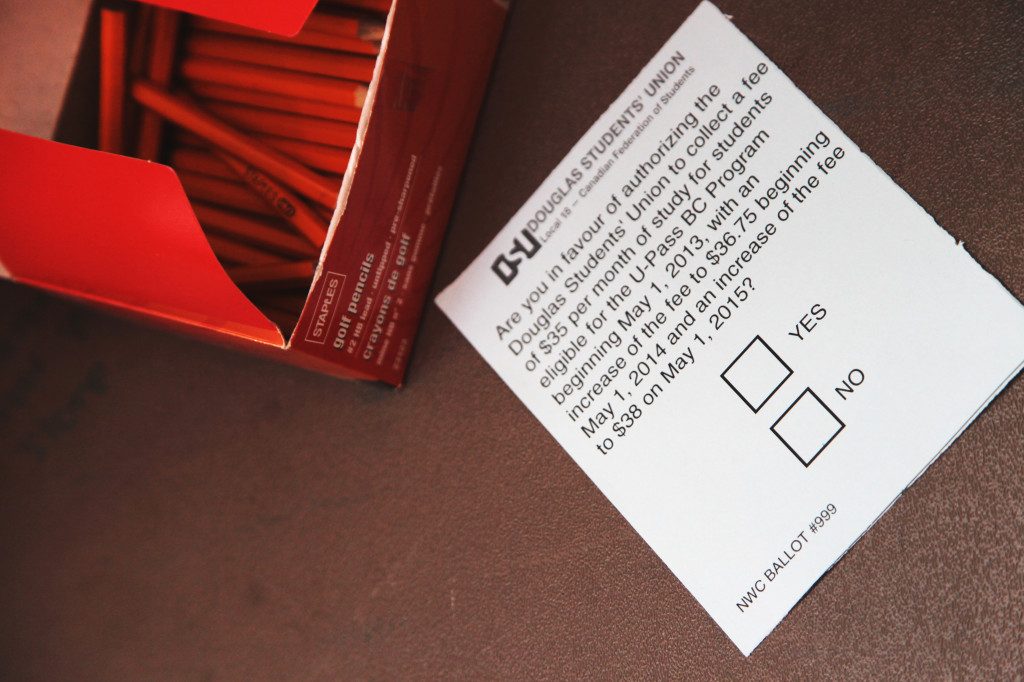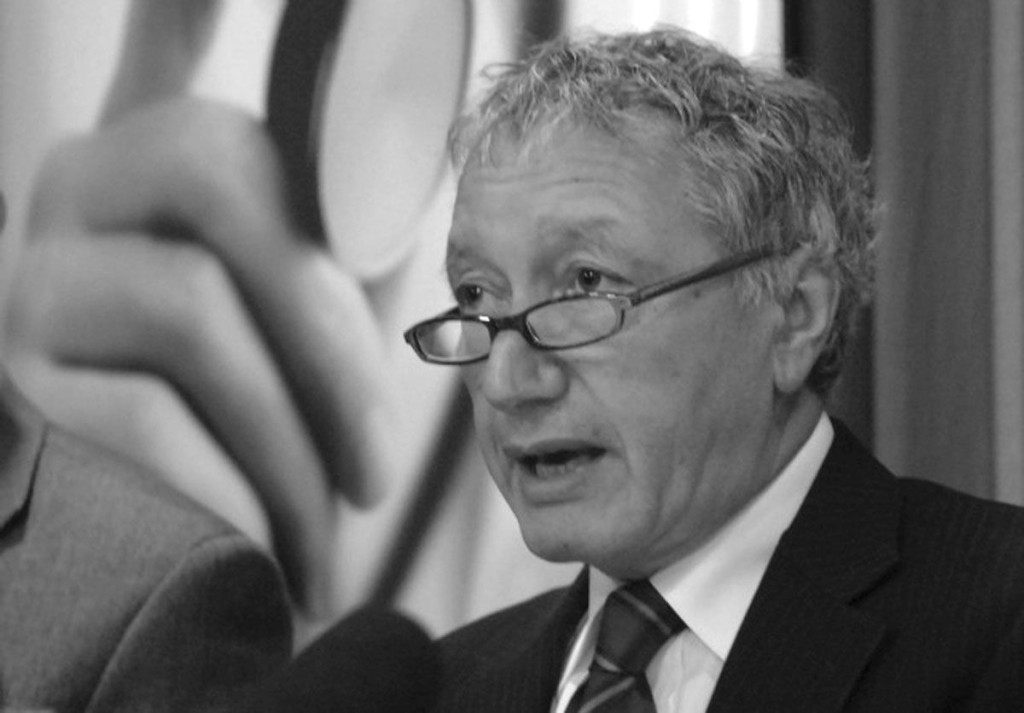
By Natalie Serafini, Opinions Editor
Almost since the inception of the U-Pass, the little blue tickets have been a polarizing force. For students who use transit everyday, the U-Pass has been a much cheaper alternative to FareCards, which cost $170 for three zones. For students who either cannot or do not use the U-Pass, the addition to student fees is unappealing. Now, with the arrival of the U-Pass referendum—which answers the question of whether the program should remain in effect or be dissolved—money and the monthly passes are on the minds of many students.
Voters in the referendum had to also consider how they felt about the planned increase in pricing. Where the U-Pass currently costs $30 per month, it is slated to increase this year to $35, followed by another increase to $36.75 in 2014, and $38 in 2015. Although the subsidized program will remain cheaper than FareSaver tickets ($42 for 10 three-zone tickets) or the aforementioned FareCards, it will still be a considerable cost for the students who don’t benefit from it. The referendum will count up the votes of the people, but what do the people have to say about it?
Asked how she felt about the program, one student stated, “I think that it is really good, and it is more beneficial for the students of the college, so that they travel conveniently from college to house and from house to college.”
Michael Zwierzchowski felt similarly that the program was advantageous to students. He said, “I think it’s a fine program. It helps those who are close to the SkyTrain or close to the school come much faster than sometimes a car would.”
Asked what he thought of the increase in pricing, Zwierzchowski suggested that the increase was reasonable: “I think it’s normal for the inflation to go up as time goes by. It’s still a really subsidized program compared to buying a two-zone or one-zone pass, depending on where you live.”
Although they were appreciative of the U-Pass, Kara Wong and Celina Martin were also conflicted about students who have to pay for the program without reaping the benefits. Wong stated, “I don’t think there’s anything that I dislike about [the program]. Maybe have the option for people who don’t want the U-Pass to not get it.”
Martin explained her uncertainty about the program: “I don’t know for people who don’t even need the U-Pass … they’re just spending the money for, really, nothing. But for people who live far away and they need the U-Pass, it’s kind of a good thing for them.”
Chris Anderson, who doesn’t use the U-Pass, was decidedly against having to pay for the monthly passes. He asserted, “I’d rather not have it, and put that money towards gas or something else.”
The U-Pass has been cheap, easy, and convenient for myself and many other students. The problem is that unnecessary expenditures like this program can become a financial burden for students who do not or cannot use the passes. That additional $30 a month—to eventually become $38—adds up. For students who use the U-Pass in their daily transit, or who need a convenient way to get home safely after a night of “studying,” these passes will remain beneficial. For students who neither want nor need the U-Pass, perhaps discussions could turn towards an opt-out. There’s a medical/dental insurance opt-out for students who are covered through work or their parents, and who don’t want to pay more money for unnecessary insurance. Similarly, maybe some students could take a pass on the U-Pass.

